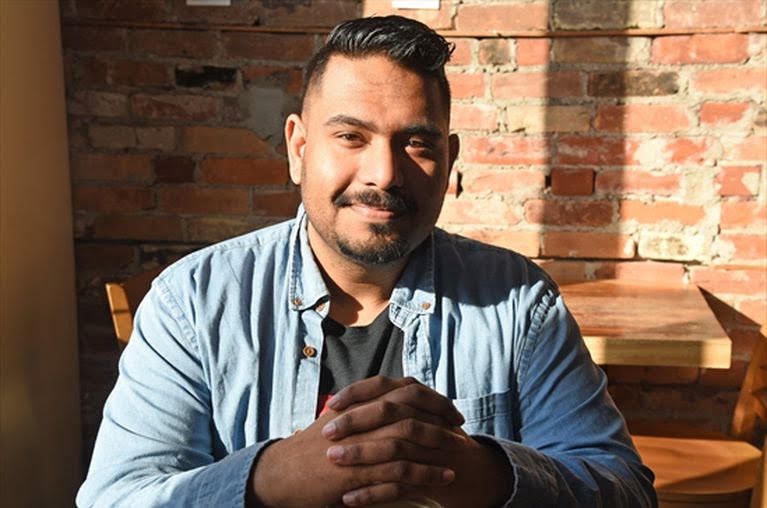York Region’s LGBTQ+ community is grilling federal election candidates about inclusion issues -—and the future of a federal conversion therapy ban killed by the election call.
Pflag Canada’s York Region chapter has sent a questionnaire to candidates asking them about their parties' intentions for furthering LGBTQ+ health, as well as addressing Indigenous water quality issues. Candidates have three weeks to respond.
Candidates are also being asked about what they will do on a proposed bill banning the practice of trying to change someone’s gender or sexual orientation. A bill passed the House of Commons June 22 to stop the practice on children and non-consenting adults, but the Senate failed to pass it before the end of the session. With the dropping of the election writ, unpassed bills are scrapped.
“Incredibly disappointing,” Pflag York Region president Tristan Coolman said of the result. “At least there is an opportunity to retool the bill and make it more comprehensive and allow for it to be a ban on conversion therapy regardless of age.”
Pflag is asking four questions of the Liberal, Conservative, NDP and Green parties: their intentions on conversion therapy, how they will solicit feedback from the LGBTQ+ community, how they will progress the 23 recommendations for LGBTQ+ health care from the standing committee on health, and how they will address reconciliation.
“It’s important for our community to feel like our voices are heard, and our elected officials are being accountable to your lived experiences,” Coolman said. “We’re seeing a change in this election, at least at the leadership level, where every party leader I can say with confidence seems to have some support for the LGBTQ+. Now, it’s a question of how deep that support goes."
The incumbent Liberal Party got slightly modified versions of the questions to point directly at its track record, and its failure to pass the conversion therapy ban before calling an election.
It also specifically asks the party about abolishing the “blood ban,” the practice of forcing men who have sex with men to wait after sexual contact to donate blood. Prime Minister Justin Trudeau has promised in previous campaigns to eliminate the policy, but the government only reduced the wait time from one year to three months in 2019.
The federal government should end the policy, and blood services can use screening and HIV testing, Coolman said.
“It’s not rocket science, and I certainly expect the blood ban to be completely abolished in the next few years, if not in the first sitting of the House,” Coolman said. “Regardless of the party.”
As for a question on Indigenous issues, Coolman said the organization wanted to show good allyship.
“The fact we still have communities throughout the country that don’t have access to clean, running, drinkable water, is absolutely ridiculous,” Coolman said. “All government should be acting on this.”
Parties have until Sept. 6 to respond, two weeks ahead of the Sept. 20 election day. Pflag said it would publish the responses unedited.
Coolman said there has been some good progress on LGBTQ+ issues and health care recommendations in recent years, but he added there is more to be done.
“There’s a lot of momentum, and the only way we’re going to continue that momentum is if we’re going to ask questions about that work,” he said.


